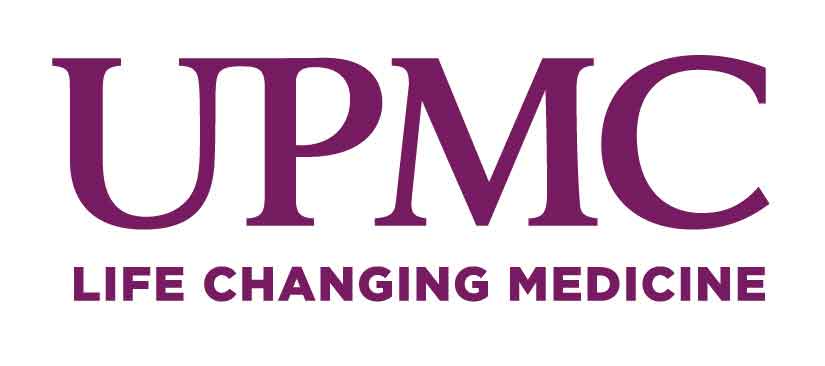UPMC Opioid Recovery Center of Excellence Moves to Mercy
As opioid use disorder rates continue to rise, the UPMC Internal Medicine Recovery Engagement Program (IM-REP) has been relocated to UPMC Mercy to ease the transition of care from inpatient to outpatient services for patients in recovery and to provide compassionate, quality care to those in need.
The IM-REP is a specialized clinic dedicated to rehabilitation services for patients with opioid use disorder. The full range of services include medications for opioid use disorder, behavioral health counseling, community-based support and guidance from peer recovery specialists, social service support from licensed social workers and primary medical care.
The UPMC Mercy Emergency Department has one of the highest volumes of patients across the UPMC system seeking out substance use disorder services. With patients in mind, this relocation will make access to outpatient care more comfortable and seamless. The center has officially been relocated to UPMC Mercy and is accepting new patients.
“Now more than ever, we cannot give up the fight against the opioid epidemic,” said Jane Liebschutz, M.D., M.P.H, chief, Division of General Internal Medicine, UPMC Endowed Chair for Translational Research and Medicine. “The pandemic has presented all of us with many challenges and for those who are struggling with substance use disorder, it’s essential that care is as accessible as possible. Our program is designed to break the cycle of addiction, step-by-step and day-by-day, with the goal to restore people’s hope that they can achieve wellness to lead healthy, productive lives.”
While all UPMC hospitals and locations provide health care resources for patients with substance use disorders, the IM-REP center along with UPMC Western Psychiatric Hospital and UPMC Magee-Womens Hospital, are distinguished as Centers of Excellence in Pennsylvania.
“We know that many people with substance use disorders, including residents of our city and region, do not seek treatment because treatment paths can be difficult for patients to navigate,” Mayor William Peduto said. “Without professional help and set treatment plans, many patients drop out of treatment before their physical and behavioral symptoms change. Centers of Excellence, including those at UPMC, help ensure patients with an opioid-related substance use disorder stay in treatment, receive follow-up care, and are supported within their communities.”
Funded by the Pennsylvania Department of Human Services (DHS), Centers of Excellence can be a primary care practice, hospital or a substance use disorder treatment provider that offers optimal and comprehensive health care and treatment for those with a substance use disorder.
This relocation builds on UPMC’s continued efforts to improve and streamline accessibility to opioid use disorder care. Recently, a toxicology telemedicine program was put in place to easily connect all clinicians in UPMC emergency departments with toxicologists for the assessment of patients who might benefit from buprenorphine therapy. This telemedicine program gives toxicologists the ability to e-prescribe any appropriate medications for the duration of treatment.
Following the telemedicine assessment, the patient is promptly connected to the UPMC Western Psychiatric Hospital Addiction Medicine Services Center of Excellence to establish specialized addiction medicine follow-up care. This rapid access to medication-assisted treatment and an addiction medicine expert has more than doubled engagement in follow-up care.
“We are dedicated to making a true impact on the community and patients we serve. As we continue to fight the opioid epidemic, patients who come to UPMC for addiction medicine services can expect to be met with compassion by a well-trained team of experts who specialize in addiction treatment and recovery,” said Jody Glance, M.D., medical director of UPMC Western Psychiatric Hospital Addiction Medicine Services. “We are looking forward to collaborating with all community providers and thrilled to have the support from local political leaders including Pittsburgh Mayor Peduto.”

